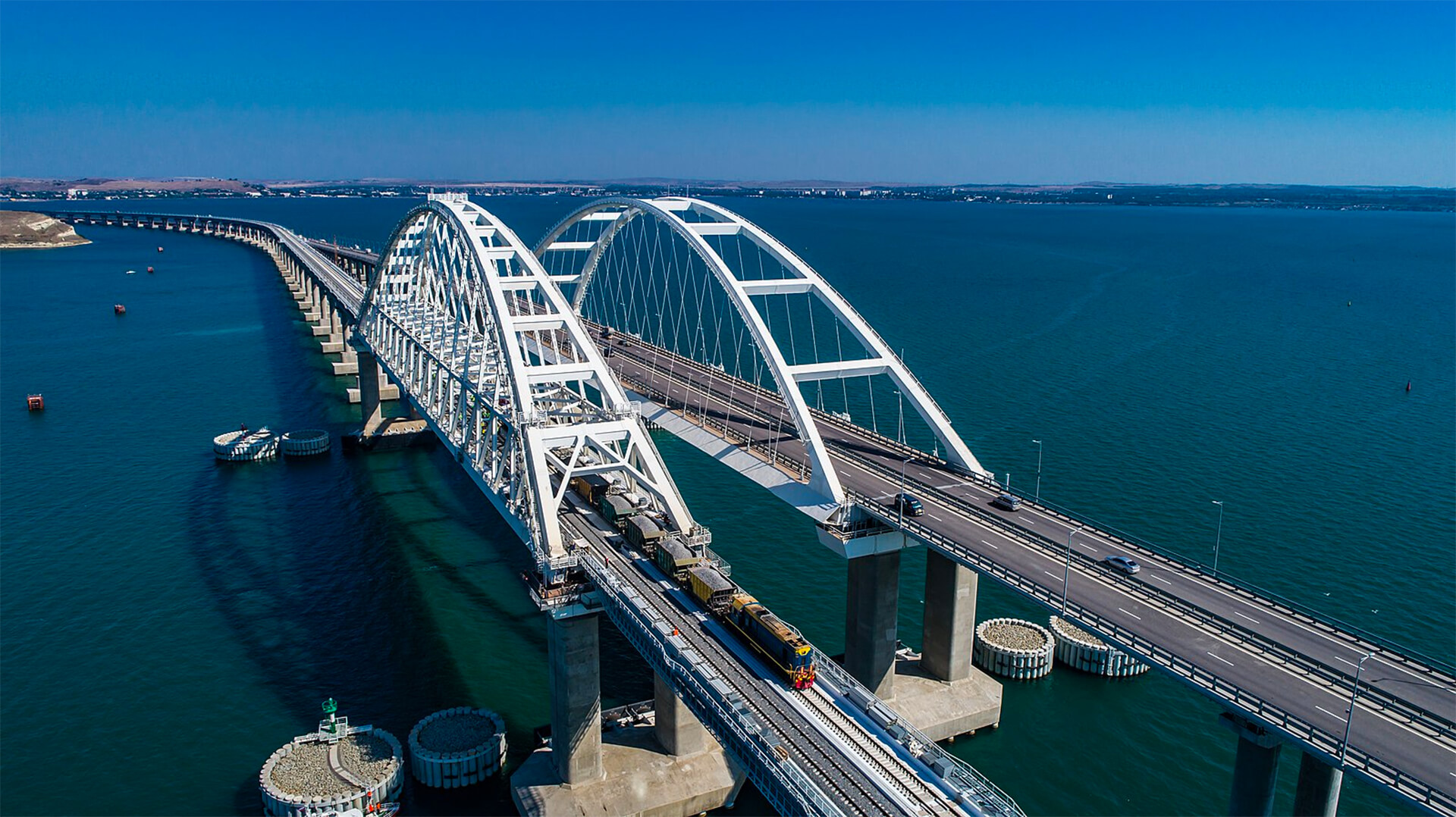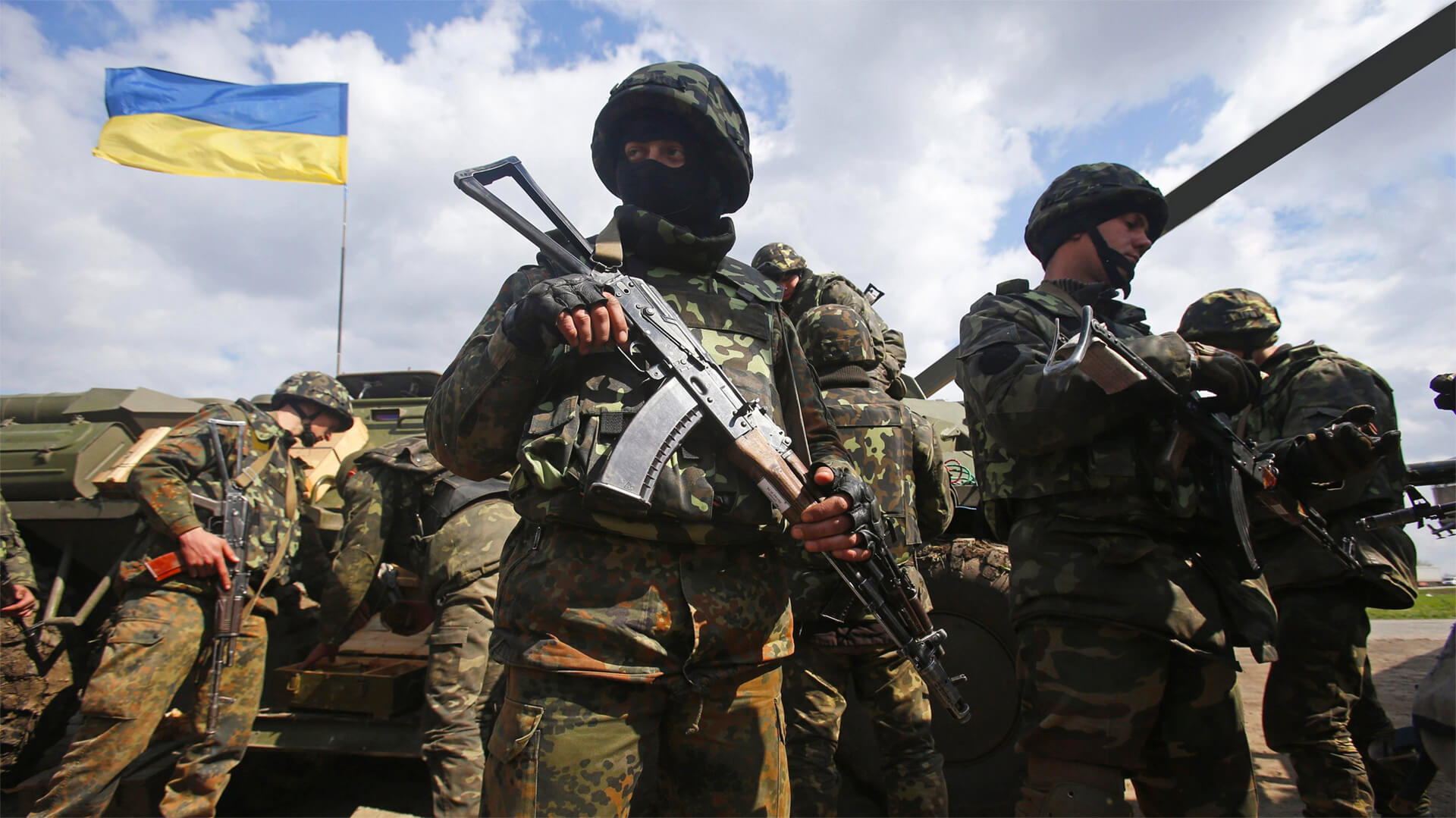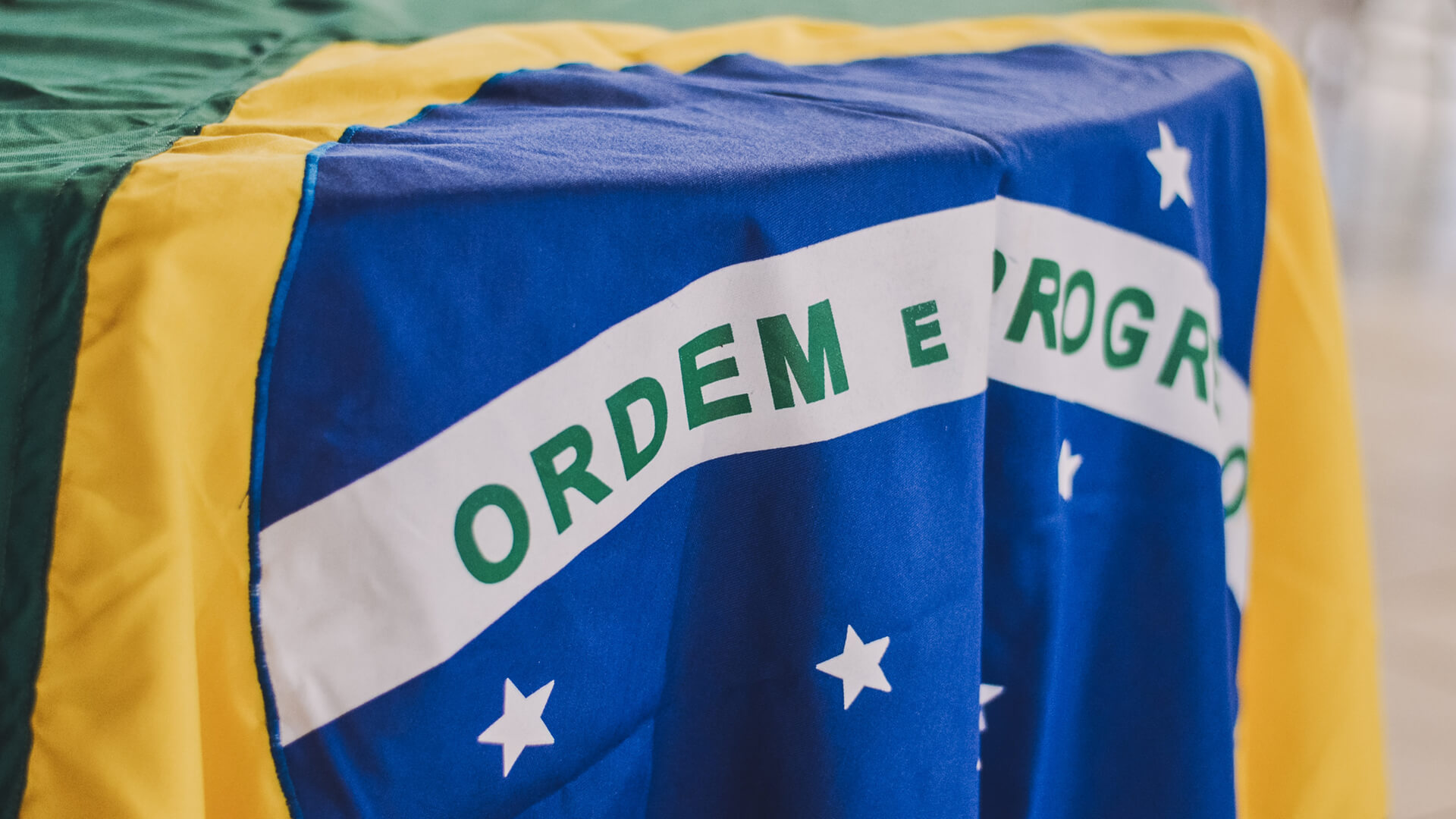I’m going to be discussing some disturbing aspects of the Ukraine War today. Consider this your parental advisory.
In the aftermath of the Russia’s failed Kyiv offensive, the world became aware of the omnipresent nature of Russian war crimes. The Russian retreat exposed a raft of abuse, kidnappings, rapes, tortures and murders for the world to see. This awareness has expanded and deepened with every Ukrainian counteroffensive: Kharkiv, Izyum, Lyman, Kherson. European radio intercepts from throughout the occupied territories suggest a universal pattern.
Part of these war crimes fall under the category of military operating procedure. When the Russian leadership realized the Ukrainians were not going to simply roll over, Ukraine’s civilian population shifted in the Kremlin mind from a non-issue to an urgent problem. The solution was to target civilian infrastructure to make the land broadly uninhabitable. The goal was to convince as much of the population as possible to flee. Refugees leave and don’t fight. War crimes in a military-strategic sense.
At the local level, war crimes perpetrated against those who remained behind have been far more…personal. There is now ample proof from many of the liberated towns of not simply Russian soldiers robbing and killing civilians, but of unit commanders setting up rape clinics and torture chambers for use by the men under their command. War crimes in a tactical sense.
But the common thread in all this is that the war crimes have been…casual. Even incidental. While the Kremlin clearly hasn’t had a problem with any of it, it is not clear the Kremlin actually ordered the mal-behavior. Most of those torture centers were not set up in occupation headquarters, but in seemingly randomly-selected homes or schools or gardens. There is little evidence the occupiers were attempting to extract information. They just wanted to make people scream. The very existence of rape clinics speaks for itself.
As you would expect from casual crimes, there was zero effort to conceal such criminal activity. Maybe the Russians thought as I did during the war’s early months: that Russia could not help but win the war, and so there was no risk of discovery by authorities who might call them to account. The alternative, that the Russians just didn’t see anything wrong with what they were doing, is difficult to wrap the mind around. I don’t know and I’m not sure I want to understand this sort of behavior. It isn’t so much callous and immoral as pervasive and amoral. Bodies were dumped into mass graves purely as a disposal strategy. The Russians didn’t attempt to hide anything. There was no burning to destroy evidence, or even efforts to rehabilitate the soil above the mass graves to obscure them. Murder victims from the rape and torture clinics were simply dumped nearby. Typically right outside. Sometimes in the next room.
With the bulk of Europe’s war crimes investigators now operating in Ukraine, fresh atrocities are being discovered almost daily. The challenge isn’t to find evidence. It is everywhere. No, the challenge is to fully document the tsunami of carnage before a stray artillery round damages the evidence, or before the Ukrainians liberate another town with its own encyclopedia of horrors, forcing the investigators to move on.
One more item is unique about this war. Even at the height of the Holocaust, the Nazi government didn’t discuss what they were doing publicly, and what (little) discussion there was across German society strongly denied what was occurring. That is not contemporary Russia. Russian propaganda is screaming for the deliberate and thorough targeting of the Ukrainian population.
Which brings us to today.
On October 10 the Russians unleashed their biggest missile barrage of the war, sending over 100 large-scale munitions across Ukraine. To my knowledge, at the time of this writing roughly eight hours after the first missiles fell, only one target of “military” significance was hit: the office of Ukrainian President Volodymyr Zelensky. Instead, nearly all missiles were aimed at densely populated regions, with the bulk of the assault occurring during rush hour when Ukrainians were out and about.
The targets and timing tell us one of two things: either that the Russians are running out of precision munitions and were doing little more than flinging ordinance in the general direction of population clusters, or that the express goal was to kill the maximum number of civilians. Both could be true. Both are very clearly war crimes. But this time, the war crimes are in the full light of day for the world to see. Russian state media is abuzz with excitement at the damage inflicted. And that is new.
The shift in approach is the hallmark of Russian General Sergei Surovikin, the new commander of the Russian war effort. He was appointed but two days before today’s missile swarm. Surovikin is greatly respected by the genocide wing of Russian society, with none other than Yevegeny Progozhin calling him “Russia’s best general”. Progozhin is the founder of the Wagner Group, the paramilitary organization the Russian government uses to provide a fig leaf of legal separation between its war-crime-riddled operations around the world and the Kremlin. Specifically, Surovikin was the commander responsible for the siege-starve-surrender policy that destroyed Aleppo in the Syrian Civil War.
Russian cruelty in the Ukraine War to this point has had the feel of standard operating procedure, rather than any conscious state effort to inflict human suffering. That now appears to be changing. Surovikin’s elevation to theater commander means Putin has decided war crimes are to no longer to be casual, but deliberate. No longer incidental, but celebrated. The new approach combines the statist aspects of Nazi-style genocide with lynching. Russia is becoming a maskless KKK in state form.
As the reality of the new tenors and goals of Russian operations sinks through layers of disbelief and incomprehension, views will shift.
In the United States, I have to believe that the public nature of today’s attacks combined with the loudly-publicized atrocities to come will finally break the hold Russian state propaganda has on the Republican Party. It’s funny. Rationalizing Russian actions, siding with the Russians on nuclear policy, asserting that Russia’s aggression is somehow America’s fault, calling Russia’s victims fascists – these aren’t only old pieces of Soviet propaganda which date back to the 1970s, they are the same lies which once fooled the idiot wing of the American Left until just a few years ago. Having egg on one’s face is never fun, but with the evidence no longer simply mounting but soon to be showcased on Russian television, scales will fall from eyes and positions will change. Elon Musk, fresh off asking the Ukrainians to surrender territory, must feel particularly…the correct word is probably “stupid”. We might – might – even see Fox’s Tucker Carlson edge somewhat closer to reality in the weeks ahead.
Of far greater importance than American domestic realizations will be the sucker-punch to the European gut, that history is well and truly back. That there is no returning to the cozy pre-Trump era when the Americans paid for everything but asked for little, and the Russians were happy to limit their abuses to their own population while dumping a half a continent of raw materials into Europe’s waiting arms.
Nowhere will the shift in mindset be more laden with implications and haunted by history than in Germany. That their consulate in Kyiv was destroyed in today’s attack underlines the point for Berlin. Germans have a visceral understanding of precisely where Russia’s new path leads, and they fear – probably rightly – that the Russians are on a sharper angle down than 1930s and 1940s Germany. Expect the Germans, within their limited capacity, to up their actions to support Ukraine while intensifying efforts to sequester all things Russian from the European system. It is a position which will hurt the German economy badly, but with most Russian energy already cut out of German supplies, much of the economic damage has already been done and is irreparable.
The emotional damage, however, is yet to come.
We have never and will never charge for our newsletters or videos, but we do have an ask. If you enjoy our products, we ask you consider supporting MedShare by clicking one of the links below. MedShare is an established non-profit organization that helps respond to medical need globally, including to the ongoing crisis in Ukraine.
CLICK HERE TO SUPPORT MEDSHARE’S UKRAINE FUND
CLICK HERE TO SUPPORT MEDSHARE’S EFFORTS GLOBALLY








